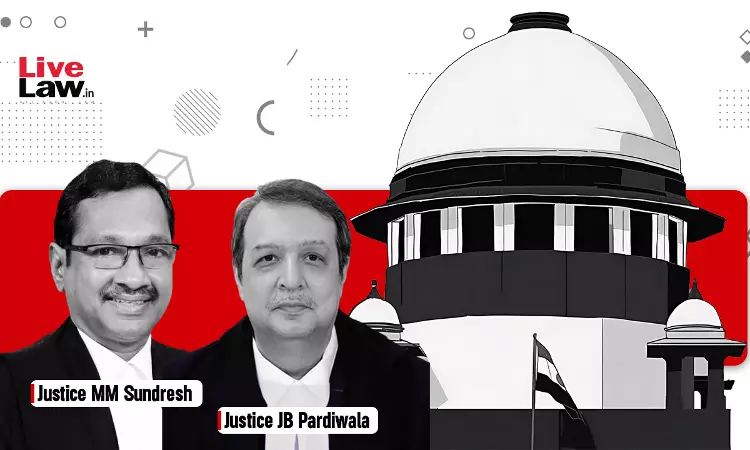Section 323 CrPC - Power Can Be Invoked Even After Deposition/Chief Examination Of Witness: Supreme Court
Ashok KM
2 Sept 2023 5:32 PM IST

Next Story
2 Sept 2023 5:32 PM IST
The Supreme Court observed that the power under Section 323 CrPC may be invoked by the Magistrate even after the deposition or the examination-in-chief of a witness.The key requirement for the invocation of the power under the Section 323 is that the learned Magistrate concerned must feel that the case is one which ought to be tried by the Court of Sessions, the bench of Justices MM Sundresh...
